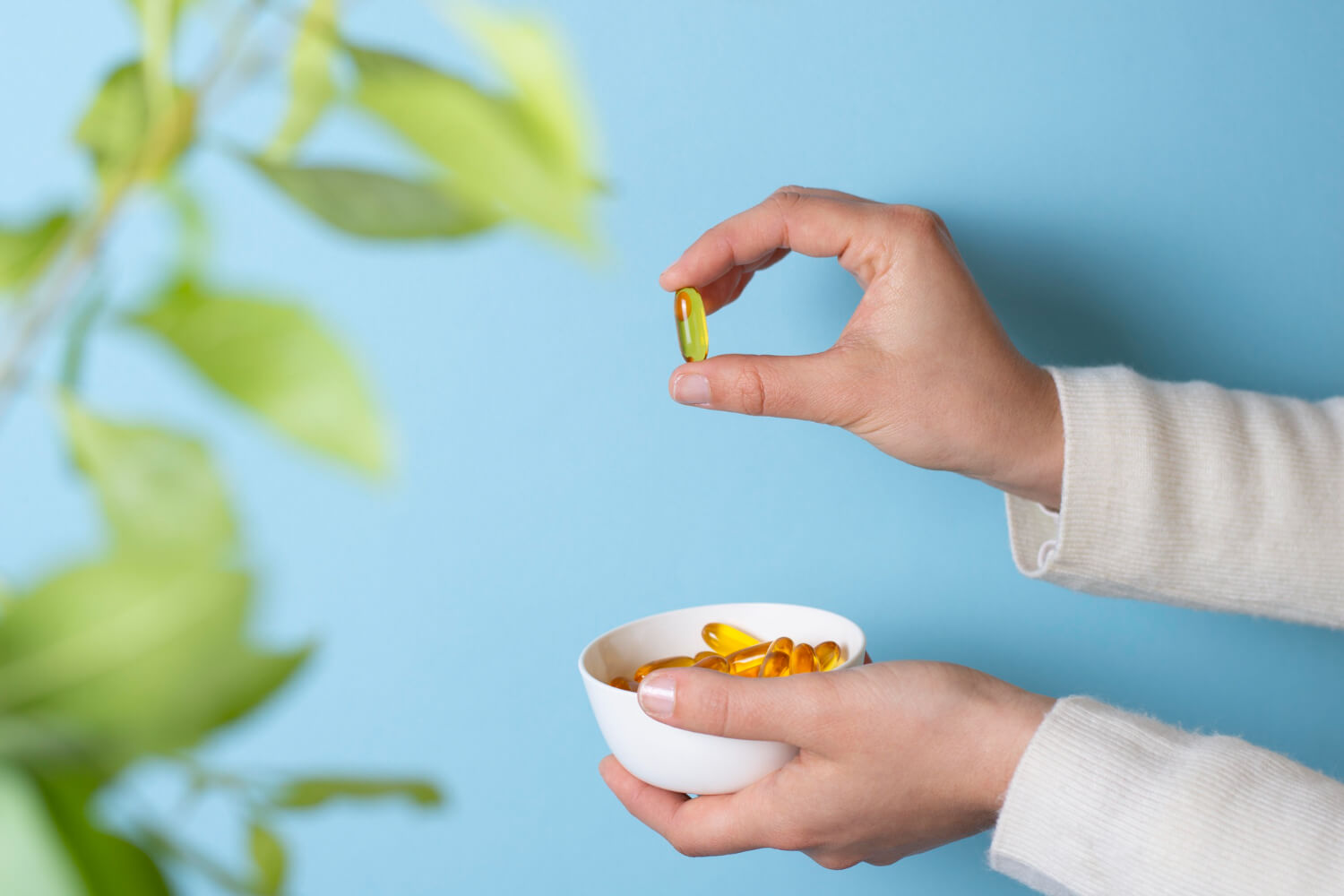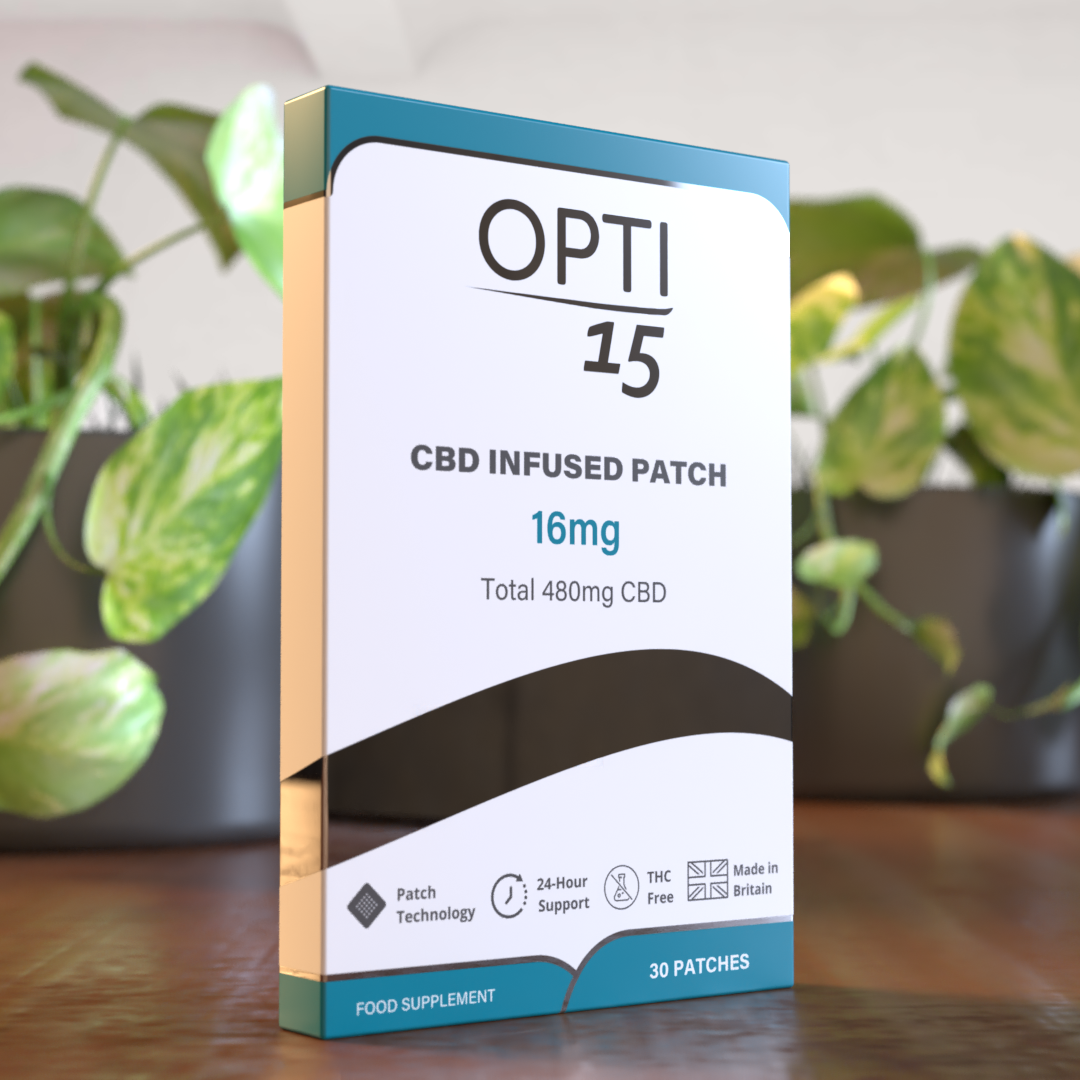Best 8 Vitamins and Minerals for Tiredness, Fatigue, and Low Energy

Have you ever felt that no matter how much sleep you get, your energy levels are always low? You're not alone. Nearly 45% of Americans, according to current figures, say they suffer from chronic fatigue. This sensation can be crippling, affecting our general quality of life, mood, and productivity. To overcome low energy, we need to understand the important role that vitamins play in producing energy for our bodies.
Understanding energy production:
Before delving into the particular vitamins beneficial for low energy, it's critical to understand how our bodies generate energy. In the complex process of energy production, macronutrients such as proteins, lipids, and carbs are transformed into adenosine triphosphate (ATP), the cell's energy currency.
Minerals and vitamins play an important role in this process. They support oxygen transport, energy metabolism, and the preservation of general cellular function by acting as cofactors in enzyme operations. We may experience exhaustion if our bodies are unable to generate energy effectively due to a lack of essential nutrients.
Importance of B vitamins in energy production:
According to most studies, vitamin B is the most effective vitamin for energy.
- Many energy drinks and pills contain B vitamins, which are known to increase energy levels.
- Vitamins support your body's energy levels, especially those related to alertness and cognitive function.
- The natural amounts of B vitamins in our bodies can be harmed by stress, alcohol, and a poor diet.
Although you can raise your B vitamin levels through diet, it's a good idea to take supplements to make sure you're getting the right amounts of all the vitamins you need.
The vitamins listed below aid in metabolic functions and the conversion of foods into energy:
- Thiamin (B1)
- Riboflavin (B2)
- Pantothenic acid (B5)
The following vitamins are necessary for the metabolism of amino acids in diets high in protein:
- B9 (folate)
- B6 (pyridoxine)
Additional B vitamin groups consist of:
Biotin, or vitamin B7, is necessary for the metabolism of lipids and carbohydrates.
Perhaps the one that vegetarians and vegans are most frequently advised to include in their diets is vitamin B12 (cobalamin), which produces red blood cells and helps the body turn fats and proteins into energy.
Key vitamins and their role in energy production:
Some popular vitamins that help with energy production are:
1. Vitamin B12:
The water-soluble vitamin B12, also called cobalamin, is essential for DNA synthesis, neuron function, and the production of red blood cells. This vitamin is very crucial for the synthesis of energy since it aids in the conversion of carbohydrates into glucose, which is subsequently used as fuel.
Vitamin B12 deficiency can cause weakness, exhaustion, and even anemia, which can make fatigue even worse. Getting adequate B12 might be difficult for vegans and vegetarians because it is mostly found in animal sources.
Adults should consume 2.4 milligrams of vitamin B12 every day. Foods high in vitamin B12 include:
- Meat, particularly organ meat.
-
Shellfish and fish.
- Eggs.
- Dairy goods.
2. Vitamin D:
A common nickname for vitamin D is the "sunshine vitamin" since it is produced by our bodies when we are exposed to sunlight. In addition to being essential for bone health and calcium metabolism, it also affects energy generation.
Studies have indicated that muscle weakness and exhaustion are linked to low vitamin D levels. Furthermore, vitamin D is involved in mood regulation and may help fight depression, which can lead to poor energy.
Most adults should consume between 600 and 800 IU of vitamin D each day. Among the natural sources are:
- Fish high in fat, such as mackerel and salmon
- Oil from cod liver
- Foods that have been fortified (such as cereals and milk)
- The yolks of eggs
People who don't get much sun exposure might need to take supplements, especially in the winter.
3. Iron:
Iron is a mineral that is essential for the synthesis of haemoglobin, the protein found in red blood cells that transports oxygen throughout the body. A decrease in iron levels in the body causes fatigue, resulting from a decrease in oxygen transport.
One of the most common nutritional deficiencies worldwide is iron deficiency. It can result in iron-deficiency anemia, which is characterized by symptoms including weakness, exhaustion, and a reduced capacity for physical activity.
Age and gender-specific recommendations for iron intake vary, but generally speaking, men should consume 8 mg and women should consume 18 mg daily. Iron-rich food sources include:
- Salmon, poultry, and red meat.
- Beans with lentils.
- Among other leafy greens, spinach.
4. Magnesium:
Magnesium is an essential mineral that is involved in more than 300 bodily biochemical processes, including the ones that produce energy. It affects blood glucose regulation, protein synthesis, and muscle and neuron function.
A lack of magnesium can cause anxiety, exhaustion, and cramping in the muscles. Consuming enough magnesium can maintain your energy levels, enhance the quality of your sleep, and encourage relaxation.
Depending on age and sex, the daily recommended dietary requirement for magnesium is between 310 and 420 mg. Among the reliable sources are:
- Seeds and nuts.
- Whole grains.
- Dark leafy greens.
- Avocados.
- Dark chocolate.

5. Vitamin B9 (folic acid):
Pregnant women frequently take folic acid supplements, which might increase their energy levels. It helps with the development of the fetus.
Adults with folate deficiencies may experience anaemia, which can cause weakness and fatigue.
For optimal folic acid, incorporate foods:
- Avocado
- Spinach
- beans
6. Vitamin C:
Vitamin C is one of the best vitamins for energy levels, even though it is frequently linked to immune system problems.
Vitamin C can help our bodies fight off bacteria and viruses as a powerful antioxidant and healer.
Tiredness and the anti-fatigue effects of vitamin C are related. You will feel less exhausted if you can recover from illness faster.
Sources include:
- Citrus fruits
- Bell peppers
- Papaya
- Mango
7. Vitamin A:
According to studies, Vitamin A is crucial for energy production as well as the maintenance and reversal of skin aging. It is essential for cells because it enables them to produce all of the energy the body needs daily. Numerous psychological and physical symptoms can result from a vitamin A deficiency.
Vitamin A is necessary for human cells to synthesize adenosine triphosphate (ATP), which directly affects energy levels. Without it, energy levels may fall as ATP generation declines.
Energy-sapping disorders like excessive fatigue and disrupted sleep can result from low vitamin A levels in the body.
Sources:
- Beef liver
- Fish (salmon and herring)
- Eggs
- Dairy
8. Vitamin E:
Vitamin-E is an important antioxidant that lowers oxidative stress is vitamin E (VE).
Studies and research indicate that VE insufficiency would affect muscle contractile function, which would cause muscle fatigue to develop more quickly during exercise. VE may therefore act like a vitamin to boost energy levels following physical activity.
Sources:
- Sunflower oil
- Avocado oil
- Wheat germ oil
Signs you need these vitamins:
- Continued weakness or fatigue even after getting enough sleep
- Concentration issues or mental "fog"
- Breathlessness or pale skin (possible anemia)
- Low motivation, irritation, or mood swings
- Regular sickness or a delayed recovery
Consult a medical expert for assessment and potential testing if you encounter these symptoms. Never begin using high-dose supplements on your own without first consulting a specialist.
Conclusion:
In conclusion, healthy eating is frequently the first step in overcoming fatigue and low energy. Important vitamins that promote the body's energy generation and general health include iron, vitamin C, vitamin D, B12, B6, B2, B1, B3, B5, and B9. Restoring health and low levels of fatigue can be achieved by incorporating a range of nutrient-rich foods into your regular diet.
However, it's crucial to see a healthcare provider if, even after making healthy adjustments, you still feel exhausted all the time. Making these vital vitamins a priority is an easy yet effective method to increase your energy and enhance your quality of life.


